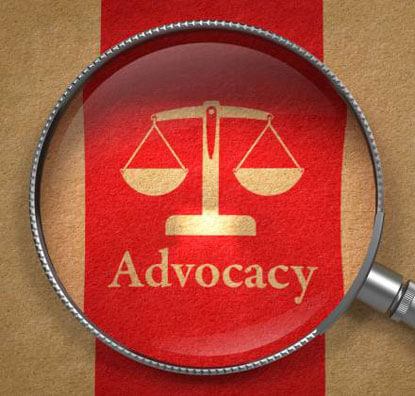Summary: Make sure you avoid these all too common resume mistakes if you want to increase your chances of getting the job you want.
Because recruiters and hiring managers receive hundreds of resumes and cover letters, they quickly rule out potential candidates for simple mistakes, no matter how qualified you may be for the job. Here are 12 tips to think about when editing your resume to avoid being tossed in the “no” pile too quickly.
- If you’re changing industries, consider including a brief summary on your resume to explain your decision to change and how you’re a good fit for a new industry.
- Don’t include irrelevant work experience. You may have been a great summer camp counselor, but that’s not going to help you find a position with a new law firm.
- Use the least amount of text possible. Having too much text can overwhelm whomever is reading your resume, so don’t use tiny font to fit everything into one page and cut down on the words you’re using (yes, again).
- If you took time off to raise a family or extensively travel, there’s no need to include that information on your resume.
- Avoid including your references on your resume. If the hiring manager wants to speak to your past employers, they will ask you for that information directly.
- Don’t use personal pronouns, such as “I,” “we,” “she,” “her,” etc. It is understood that everything is about you, so there is no need to use the first or third person to write about yourself.
- Skip talking about your hobbies. Sure, it may be pretty cool that you race sailboats over the weekend, but to the hiring manager, that’s a waste of their time to read.
- Avoid showing your age if you’re older. Yes, it’s illegal to discriminate based on age in the hiring process, but if you’re nervous about someone subconsciously doing so, skip including graduation years on your resume.
- Be sure to edit tenses when you’ve left a job. You don’t want to be using present tense for a past job. This will only confuse the person reading your resume.
- Avoid using company specific jargon. If your company, or even your industry if changing industries, uses specific acronyms or words, avoid these in your resume.
- Reasons you left a company or position should not be included on your resume. They’re usually not relevant to whoever is hiring you. If they do want to know, they’ll ask you during an interview.
- Be sure to have a professional email address, such as johnsmith@gmail.com. Not many hiring managers want to put their trust into someone with an email address like beerisbest23@aol.com.















































